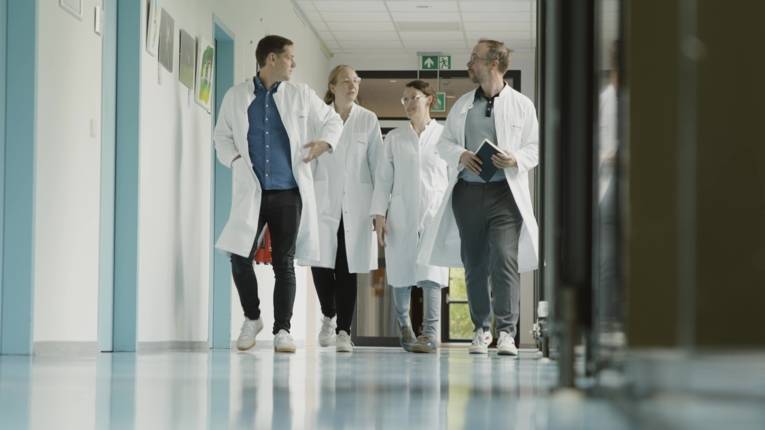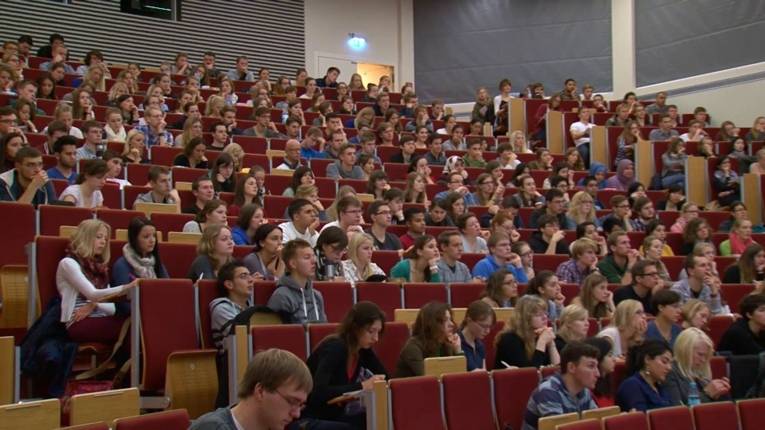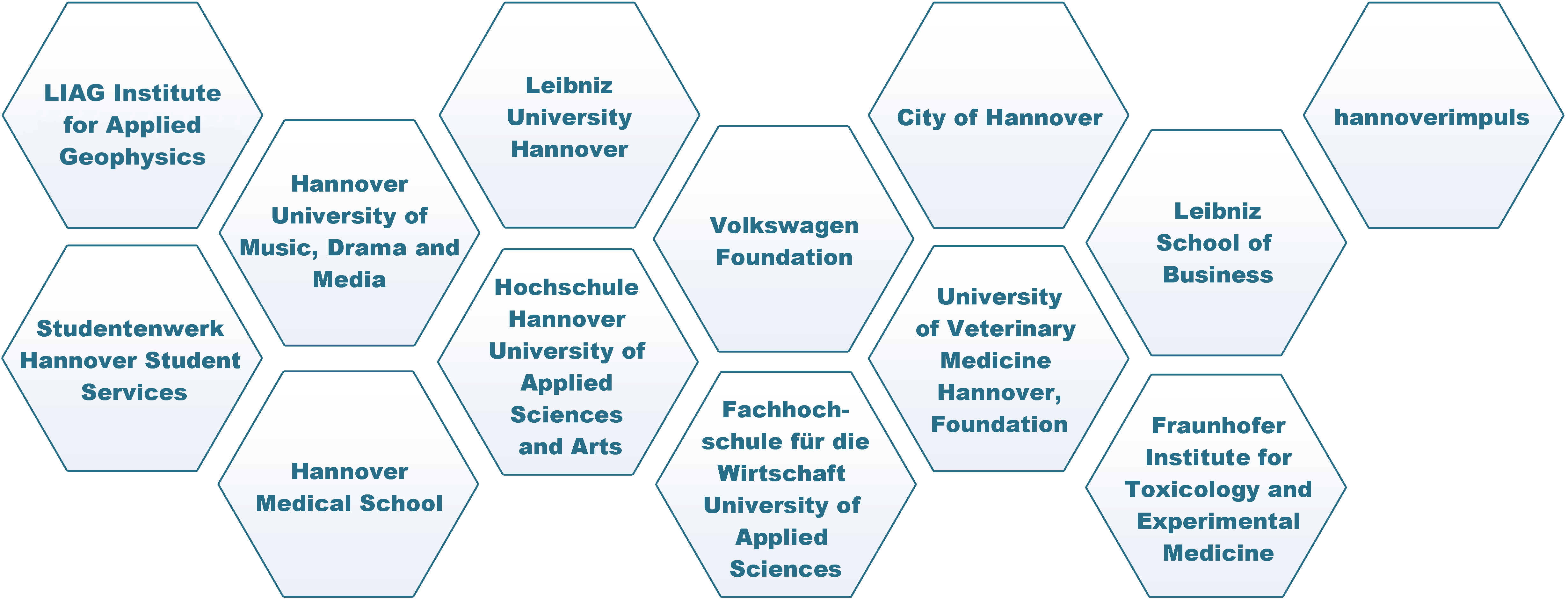More about Hannover

Housing for Foreign Students
Every year, young people from all over the world come to study in Hannover. In order to find a place to stay in time for their first semester, they need to start looking as soon as possible – university admittance does not come with a dorm room. The following video provides helpful tips and information on how to find a room.
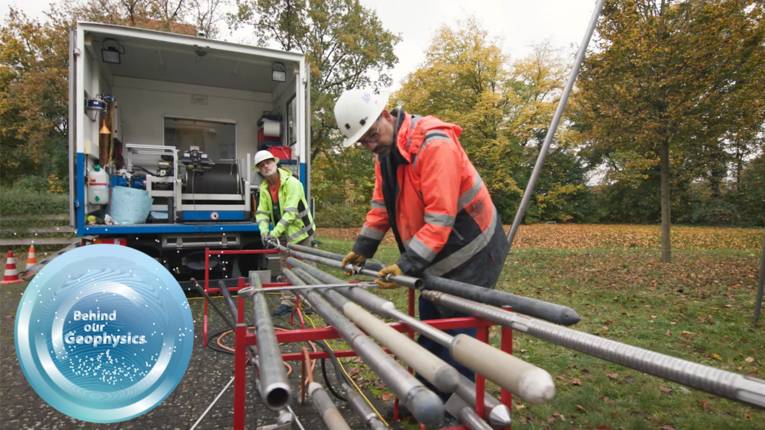
Geophysics Research at the LIAG Institute for Applied Geophysics (LIAG) in Hannover
Scientists at the LIAG Institute for Applied Geophysics (LIAG) in Hanover combine and develop various geophysical measurement methods and coordinated analysis and evaluation procedures in order to research structures and processes in the upper earth's crust. In this way, groundwater, soil, energy and other resources can be understood, preserved, protected and developed for necessary, long-term and sustainable use and future environmental changes can be recognised. Research is concentrated in the key areas of groundwater systems, geohazards and georeservoirs as a source of energy and energy storage.

Biomedical Research and Technology at Leibniz University Hannover
Against the backdrop of antibiotic resistance, lifestyle diseases and an ageing society, researchers in the key research area Biomedical Research and Technology are using interdisciplinary approaches to develop solutions to the challenges currently facing society. The vision of the key research area Biomedical Research and Technology at Leibniz University Hannover is to heal illnesses and improve diagnostics and treatment.
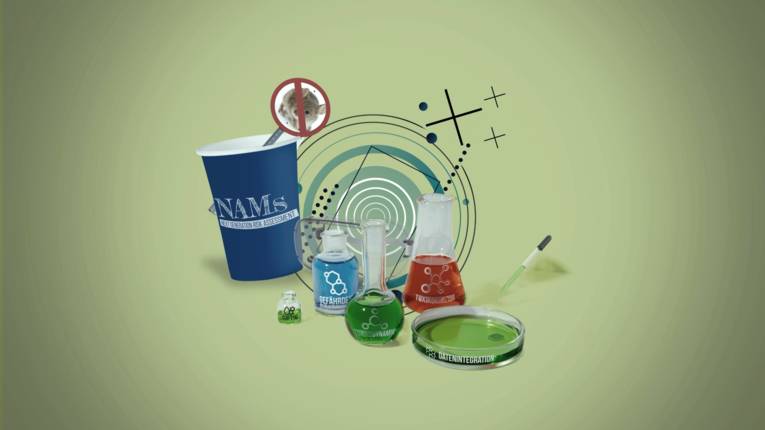
Chemical Risk Assessment Goes NGRA
Throughout our lives, we are exposed to a wide range of chemicals, making the safe handling of chemicals very important. At present, legally mandated risk assessments are conducted using classical toxicology, based on data from animal testing. Researchers at Fraunhofer ITEM are actively contributing to the paradigm shift towards animal-free, safer, more effective, and more sustainable risk assessments. They are developing new assessment strategies known as "Next Generation Risk Assessment."
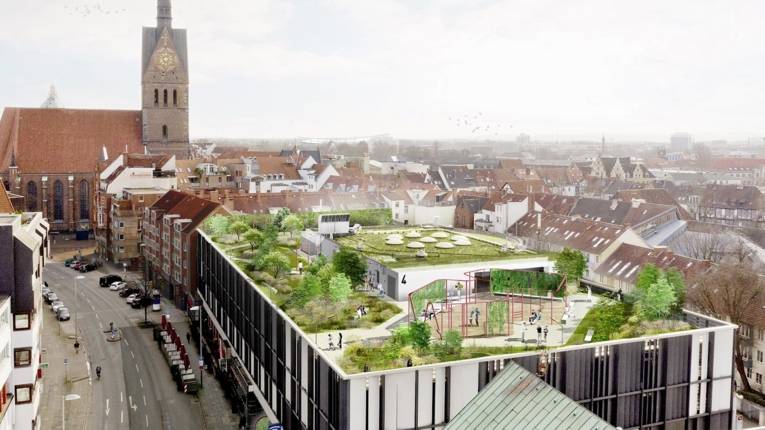
Climate Change: Heat, Drought, Heavy Rainfall
The impact of climate change on cities will increase significantly in the coming years. What measures is the state capital of Hannover taking to counteract these effects in the long term? How is university research being applied? Employees from various specialist departments and the Head of Economic and Environmental Affairs provide an overview of current and planned projects.

International Students and Part-time Jobs
Many international students need a job to finance their studies in Germany. That’s why reliable information regarding job opportunities and current legal regulations is essential. We answer the most important questions on how to combine work with studies if you’re an international student in Germany.
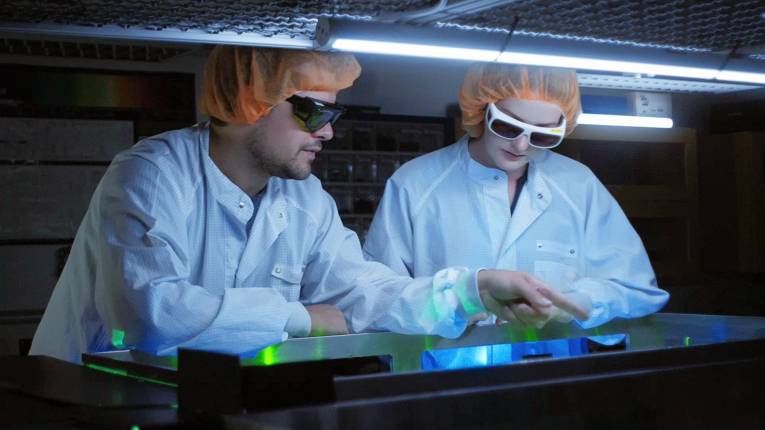
Experience Cutting-Edge Research
Leibniz University Hannover holds a leading international position in our six key research areas: Biomedical Research and Technology, Quantum Optics and Gravitational Physics, Optical Technologies, Production Engineering, Interdisciplinary Studies of Science and Energy Research. The film shows which topics the researchers in the various areas are studying.
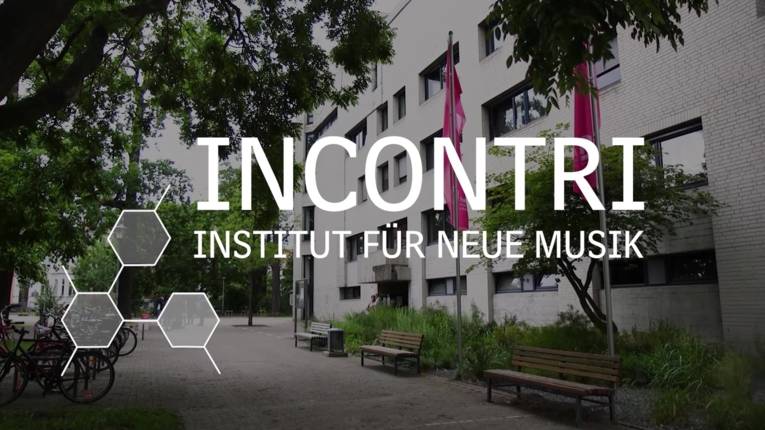
Incontri – Institute for New Music
Incontri is the place at the Hanover University of Music, Drama and Media where young people from all over the world come together to study composition and develop their ideas. With concerts, workshops and lectures, the Institute for New Music is also a mediator for contemporary music and creates a forum for encounters between the public, composers and their music.
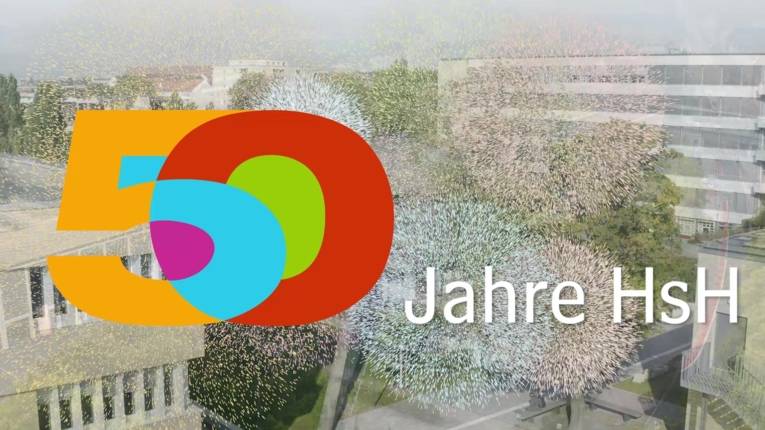
50 years of Hochschule Hannover - University of Applied Sciences and Arts!
Since 1971, students have been able to complete numerous applied degree programmes, have done so and have taken off into a successful future. On the occasion of the anniversary, we let our alumni have their say under the motto "50 years - 50 alumni". What are they doing today and how did they experience their student days? In this video we find out exactly that from Rebecca and Manuel. University President Josef von Helden also gives an outlook on the future of the HsH. You can find more exciting alumni stories from all faculties and various degree programmes at our university here: https://hs-h.de/hsh50jahre
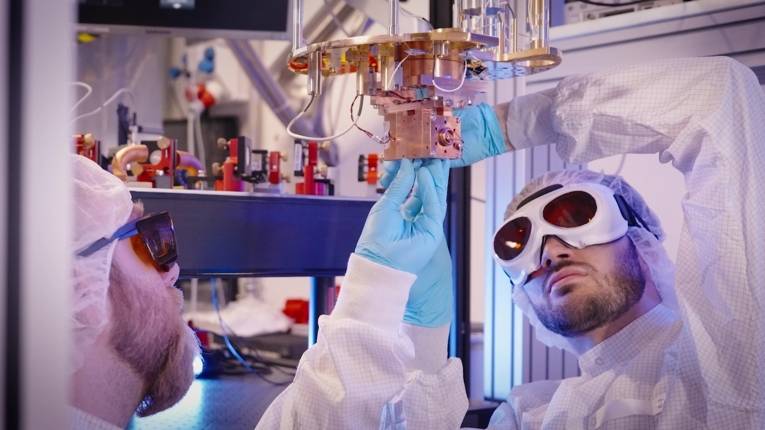
Quantum Optics and Gravitational Physics at Leibniz Universität Hannover (LUH)
Experts from the fields of physics, mathematics and engineering are working on fundamental questions of the future in the research focus area of quantum optics and gravitational physics at Leibniz Universität Hannover: How can space and time be measured even more precisely? How can quantum phenomena be harnessed for new technologies? Innovative approaches are being developed in the QuantumFrontiers Cluster of Excellence and in partner networks - for applications in navigation, time synchronization and secure communication, for example. The HITec research center provides globally unique facilities such as an atomic fountain and an Einstein elevator. This opens up new limits of what can be measured - from the smallest particle to the universe.[Translated with DeepL.com free version]
News
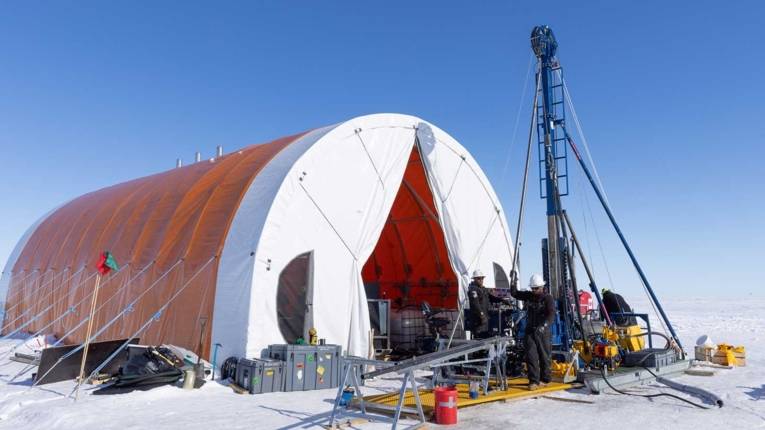
Record drilling under the Ross Ice Shelf
An international research team involving the LIAG Institute of Applied Geophysics and the Federal Institute for Geosciences and Natural Resources has drilled the longest sediment core to date (228 m) under an overlying section of the Ross Ice Shelf in West Antarctica.
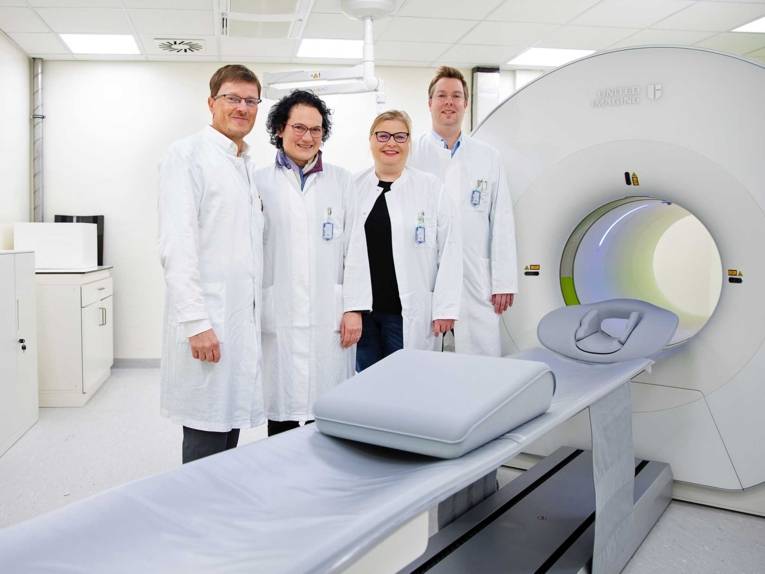
Detailed full-body images in one step
With the first total-body PET/CT in Germany, the Hannover Medical School is setting new standards in diagnostics, patient care and research - faster, more precise and with less radiation than ever before.
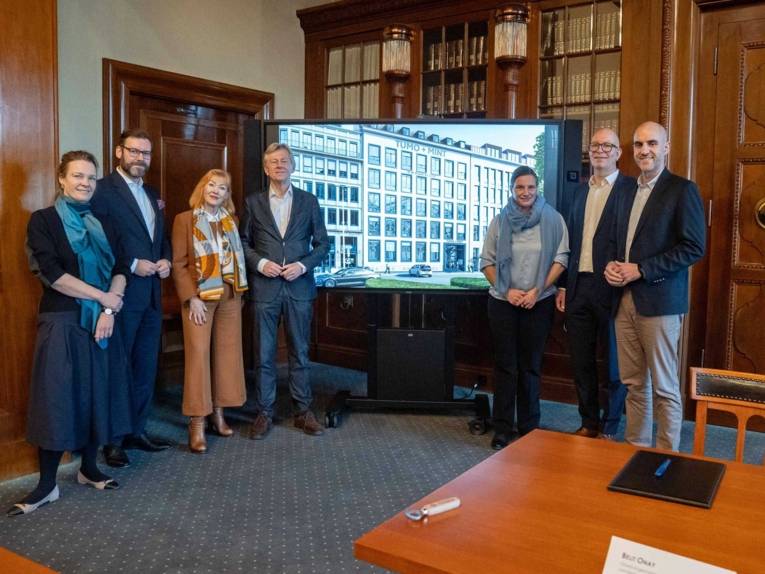
Lighthouse project for young talent
Free, open and accessible to all - young people can acquire digital skills for the future at the new TUMO + MINT Center.
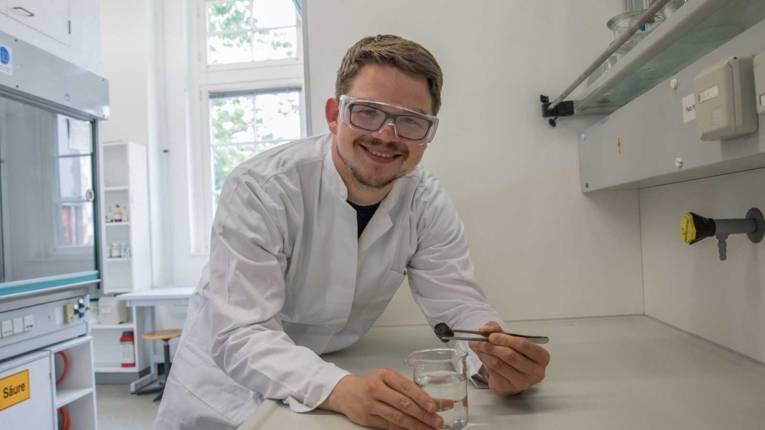
Hydrogel against microplastics
A research team at Leibniz University Hannover has developed a new environmentally friendly technology that can be used to break down plastic particles with intelligent material.
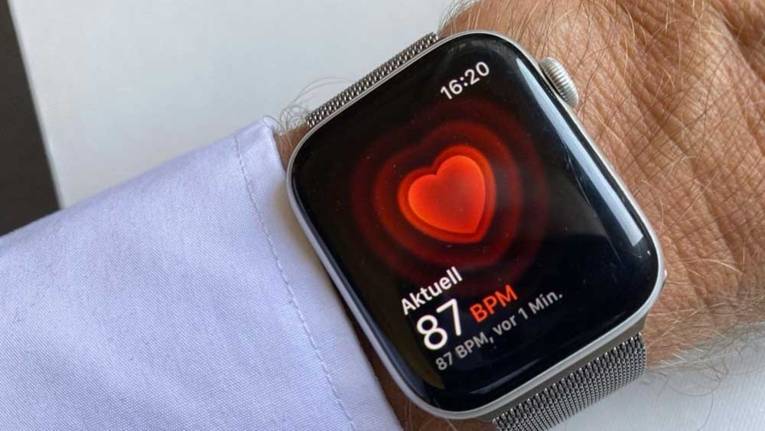
Researchers investigate the links between mobility and health
With around 7.1 million euros, the Volkswagen Foundation is funding five new projects that deal with transdisciplinary issues of global health - from spreading resistance to malaria drugs to planning tools for healthcare systems and the shortage of medical professionals. They are based in Berlin, Erlangen-Nuremberg and Fulda, among other places.

Life-threatening danger for dogs after just a few minutes
The University of Veterinary Medicine Hannover appeals to pet owners not to leave dogs in cars in hot weather.
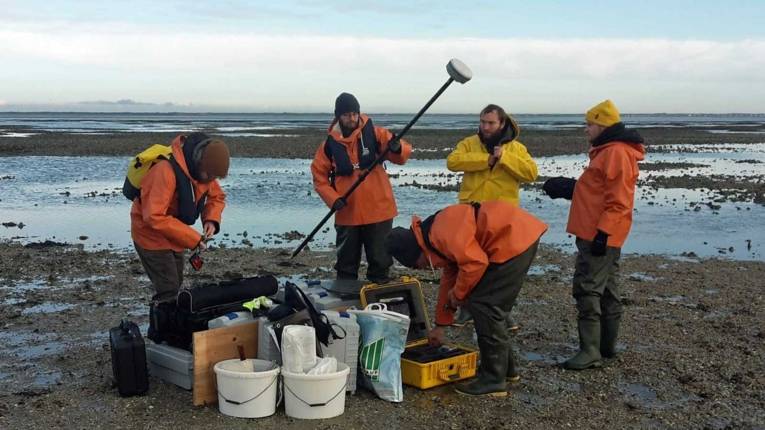
Oyster reefs and mussel beds stabilise the Wadden Sea
A study led by Leibniz University Hannover shows that the vertical sediment growth of local mudflats will be able to withstand sea level rise in the future.
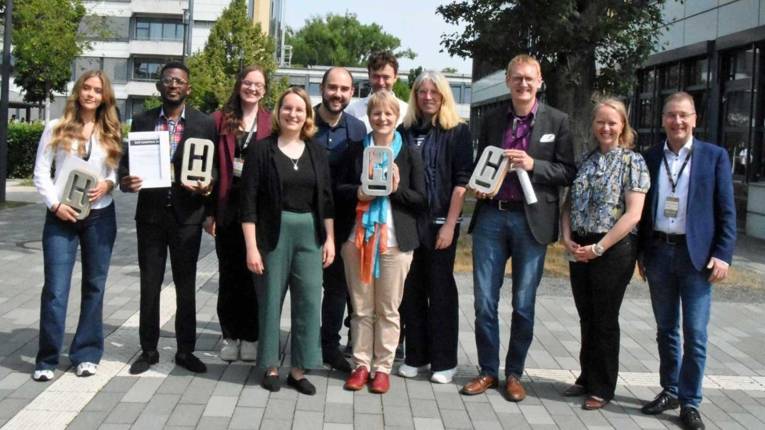
Hochschule Hannover awards teaching prizes
On 4 June, Hochschule Hannover University of Applied Sciences and Arts presented teaching awards to lecturers and students in four categories for the first time.
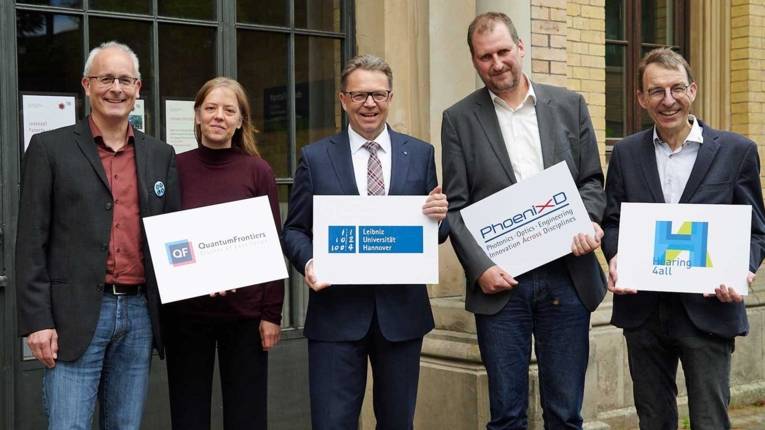
Remarkable success for hanover's universities
A total of four clusters of excellence have been approved at Leibniz University and the Medical School, each of which will receive one million euros in funding for seven years starting in January 2026.
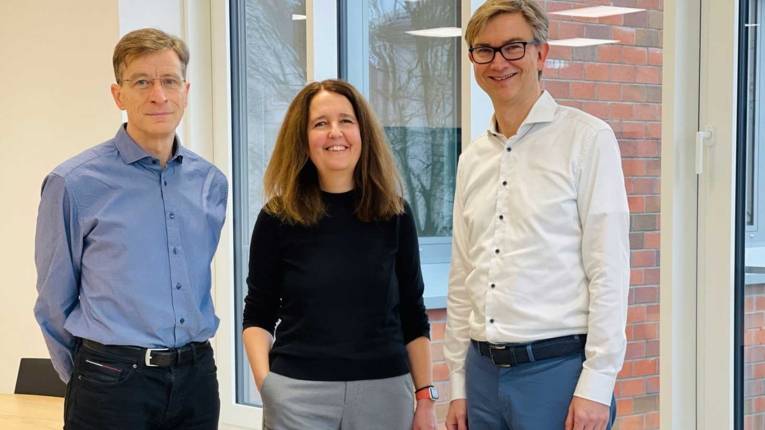
New president at FHDW Hannover
The University of Applied Sciences and Arts in Hanover has elected a new management team. Business economist Prof. Dr Hans-Jürgen Wieben has been the new president since 1 January.

